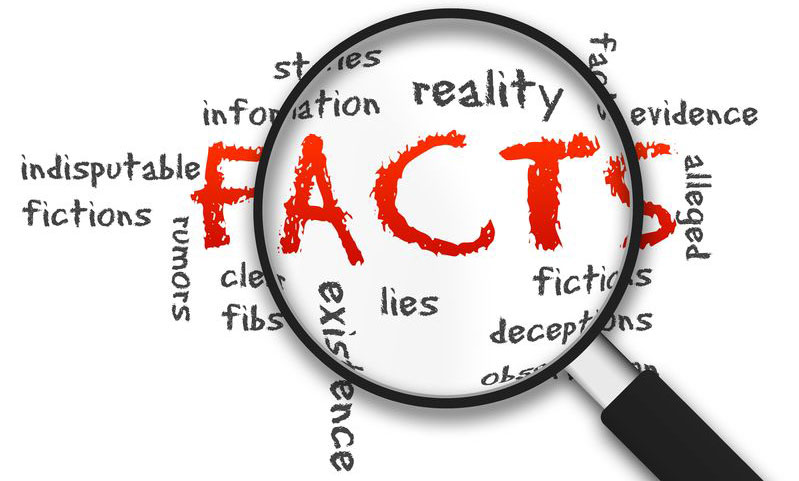 “Liars, Bigger Liars and d’em that figure.” An uncle often used this expression when knocking politicians and accountants. This week his words resonated with me as it seems everyone is accusing everyone else of either not telling the truth or lying by omission. The political debate is more about denying what is not true than defending it. Wall Streeters and their customers are accusing financial leaders of painting a rosy picture based more on hope than fact. And of course there are always a few celebrities using or doing something totally addictive and illegal, denying to magazines where fact checking is a part-time distraction, that anything is wrong.
“Liars, Bigger Liars and d’em that figure.” An uncle often used this expression when knocking politicians and accountants. This week his words resonated with me as it seems everyone is accusing everyone else of either not telling the truth or lying by omission. The political debate is more about denying what is not true than defending it. Wall Streeters and their customers are accusing financial leaders of painting a rosy picture based more on hope than fact. And of course there are always a few celebrities using or doing something totally addictive and illegal, denying to magazines where fact checking is a part-time distraction, that anything is wrong.
All of this made me reflect on my own honesty and the trust I give to others. It became clear to me that with the exception of true pathological liars (and I worked for a few of them in my corporate days) most of us have to first deceive ourselves before we can convincingly mislead others. Now there’s an opportunity! You know when you want something really bad or wish it were different than it is. I can hear myself saying, “elevated cholesterol is over dramatized and a risk dreamed up by the drug companies” or “everyone drives above the speed limit plus 10 mph, it’s just as safe.” I don’t have to get too insightful to know I am kidding myself; however, the pull, the want and desire, for a different outcome is just so compelling. This dishonesty is really self-sabotage and risky behavior.
Risky career behavior is what I see with many of my coaching clients, particularly when it comes to the topic of job security. It’s very easy to ignore the facts and deny the signals while telling yourself “everything is fine, it’ll all work out.” So the company is having a shaky year, the top guy suddenly left, penny pinching is paramount, and pressure to deliver “right now” is increasing. You see others getting the plum assignments and greater recognition, your boss is never available and all of a sudden they’re saying you don’t do anything right. How did you become so stupid so fast? Though it may not be true that you are not qualified for the work, these are warning flags and you have the choice of making up a soothing, motivating story and covering up the truth, or face reality and do something. It is harder than it sounds but not impossible to make happen.
One of the powerful outcomes of coaching is that it helps the person being coached differentiate between facts and beliefs, beliefs and desires, and the truth vs. ideas. I can’t and won’t tell someone to leave their job but I can help them read the exit signs, clearly and dispassionately. What I also don’t do is tell my clients things they want to hear, when in fact, it is either not the truth or not really the crux of the problem.
The best mentors I’ve had have helped me own my actions and thoughts. They rarely questioned what I believed but challenged my logic or facts. In a sense, they kept me honest with myself and fostered this honesty in my work with others. It is the mature way to live life. It’s also easier—go figure.
Here’s your challenge: Look at those areas of your life, including your career, where you are deceiving yourself through minimization, denial, or need/desire. Ask yourself, “How is this useful?” and “What price am I paying for this?” Think of two other ways of acting or thinking that would help you operate with integrity. “What would be the outcome if I really was honest with myself?”
Leave a Reply